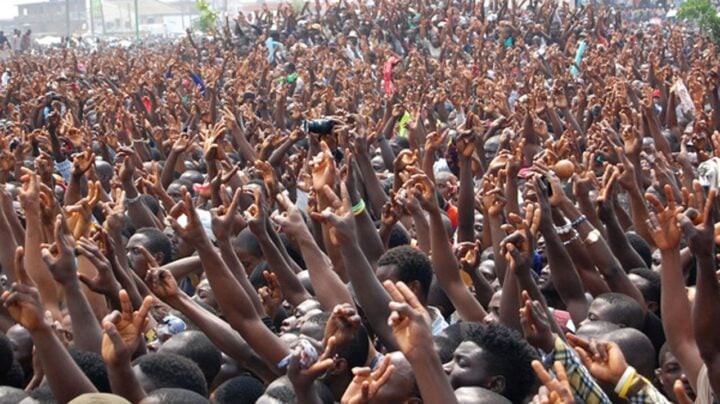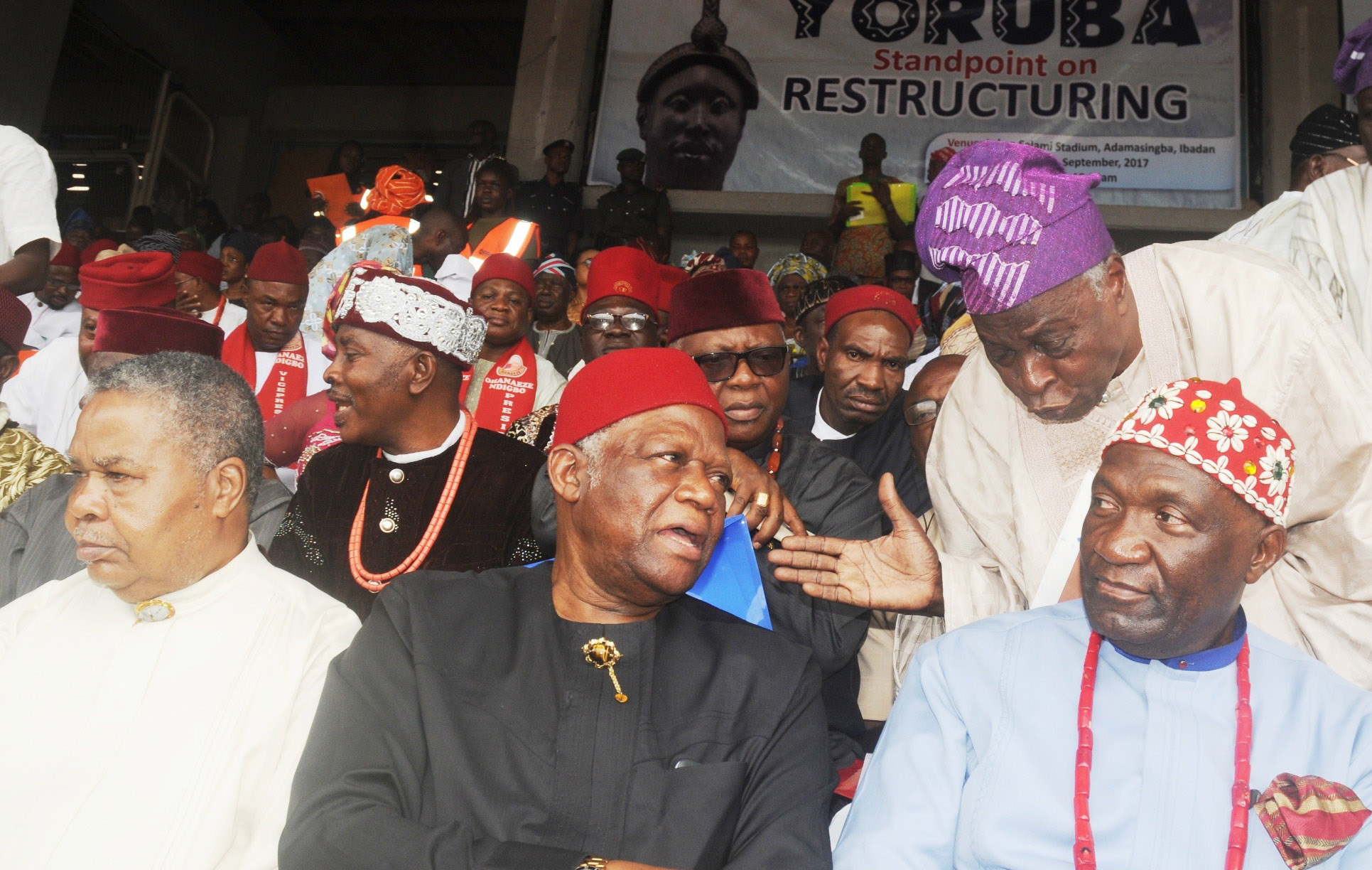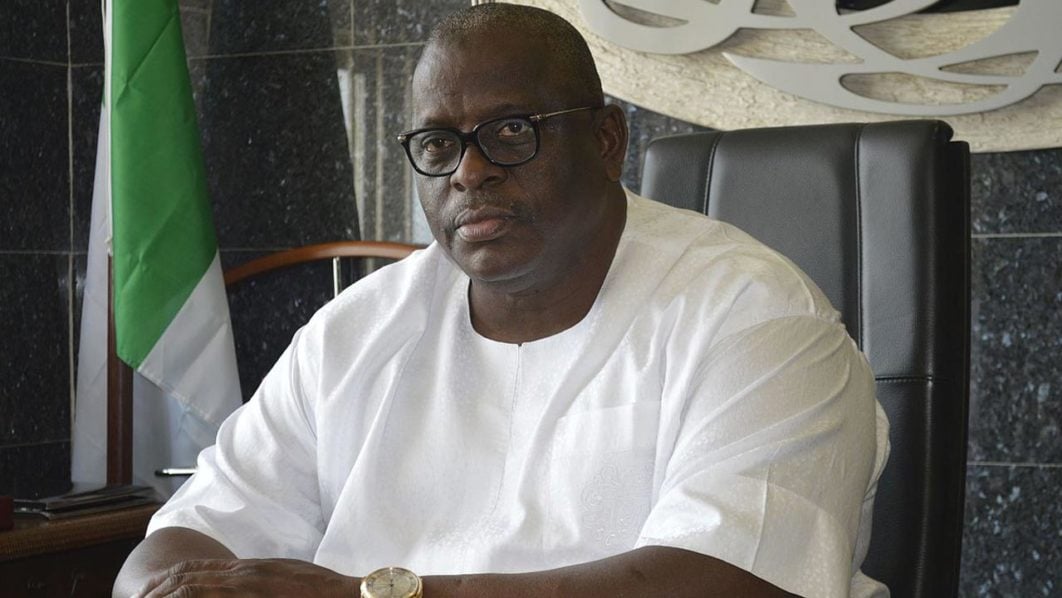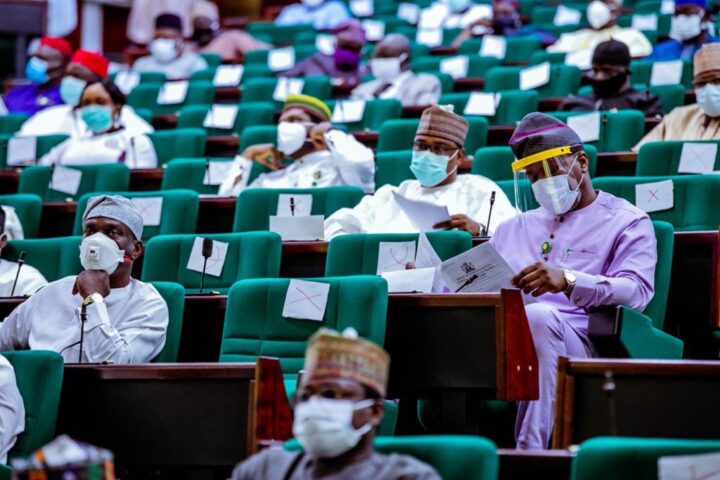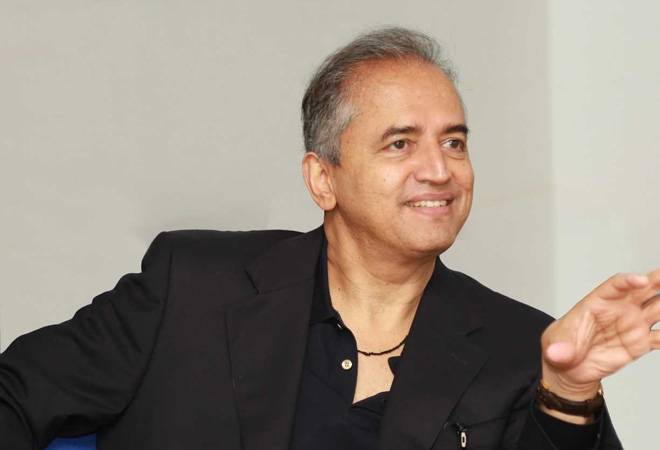INEC's election result viewing portal as a paper tiger
On the 6th of August 2020, the Independent National Electoral Commission (INEC) in apparent bid to register its commitment to the ideals of transparency in the electoral process introduced the Election Result Viewing Portal (IReV Portal) which it described as “a new step to further strengthen its election management process and enhance transparency of the system“.
The new portal in point of fact, is an electronic version of INEC’s Form EC 60E which by paragraph 22(iv) of the 2019 Guidelines mandates Presiding Officers to paste the result (EC8A) of each Polling Unit at a conspicuous corner of the Polling Unit at the end of voting. The logic behind this is not hard to seek: to enable voters ascertain the winner at each polling unit at the end of voting, and to check against manipulation of the results at the different levels of collation, particularly at the ward levels.
However, over the years, this provision of the Guidelines has failed to translate to any meaningful achievement in terms of transparency. In most cases, the Presiding Officers do not comply with this provision of the Guidelines for whatever reason, while the advent of social media has given fillip for all manner of results to be paraded online as the authentic result for particular units during elections, thereby creating confusion, and ultimately leaving the Electoral Commission with no option but to rely on results as collated by Collation Officers at the Ward and Local Government levels irrespective of how they were contrived at the polling units. Here, the infamous 388 polling unit results of Sen. Hope Uzodinma readily comes to mind.
The innovation of the IReV Portal introduced last week, it’d appear, at least on the surface, is a response to that challenge, as INEC says Nigerians would now be able to view the results from Polling Units at the end of voting, electronically in real time vide a dedicated server. However, beyond the acknowledgement of the Commission that it now has a Server after the vaccillations at the 2019 Presidential election petition Court, the innovation from what one knows of our extant electoral regime, is at best a paper tiger for a number of reasons.
Advertisement
For all its attempt at making the electoral process more transparent and guaranteeing sanctity of votes cast, the IReV innovation sets off on a wrong footing that forebodes danger and ultimately failure. In the statement introducing the policy as signed by its National Commissioner and Chairman Information and Voter Education Committee, Mr. Festus Okoye, the Commission set out a rather disturbing caveat thus, “the Commission wishes to emphasize that this does not constitute electronic collation of results. The collation of election results shall remain as provided for by law, a manual process of completion of relevant result sheets and their upwards collation until the final results are determined“.
To put things even more beyond the realm of peradventure, a screaming disclaimer on the portal reads, “This platform provides information for research purposes. It is NOT for Election result collation“.
In my considered view, the implication of the above rider is such that whittles down the importance or force of the IReV portal in ensuring electoral transparency as it leaves no one in any doubt that in the event of any inconsistencies in the data uploaded to the portal, and those announced at the polling unit, and ultimately collated at the wards, the latter would prevail. It would then mean that an unscrupulous Presiding Officer at a Polling Unit may upload one result on the IReV server, and declare another totally different at a Polling Unit and transmit same to the ward collation centres for collation. Yet, that is one of many possible instances of discrepancies that may not be adequately remedied because of the clinging to manual collation of results.
Advertisement
To be sure, the elephant in the room in our hydra-headed election management crisis has been the manner of collation and transmission of results. This practice gives overwhelming powers to Collation Officers particularly at ward and local government area of collation, as whatever they bind, as with Jesus Christ’s admonition to His disciples in the Gospel of Matthew Chap. 18 v 18, are bound by the Commission. Thus any reform of our electoral system that do not allow for automatic transmission of results at the Polling Units naturally lends itself to controversy. This is the undoing of the IReV for all the best intentions of the Commission.
That is not all. There is also the nagging question of the legislative force of the IReV portal without a clear amendment to the extant Electoral Act that remains silent on electronic voting, transmission and collation of results. It must have been upon this acknowledgement that the Commission conceived the rider to earlier the IReV innovation. This lack of legislative force is particularly important in the context of election dispute litigation at election petition tribunals for petitioners seeking to challenge discrepancies in the result contained on the INEC IReV server, and those collated manually.
In the absence of any statutory teeth to the IReV policy as contained in INEC’s August 6th statement, it is difficult to see how results collated from the server, may be used to impeach or supplant those manually collated, at election tribunals. When one factors how the judiciary has treated the INEC Smart Card Reader (SCR) machines and the data procured from it, at election petition tribunals, the challenge may be better appreciated. In the popular case of Nyesom v Peterside (2016) 7 NWLR (Pt. 1512) p. 452 despite acknowledging the laudable innovations of the SCR machine, the Supreme Court held that it had no legislative backing and accordingly discarded its use in proving over voting. I foresee a repeat of same under the IReV regime without an amendment to the Act to give legislative teeth to the electronic transmission of Polling Unit results.
On a related note, there is also the often overlooked license for electoral malfeasance unwittingly sitting in section 138(2) of the Electoral Act 2010 (as amended). By the said provision, “any act or omission which may be contrary to an instruction or directive of the Commission or of an officer appointed for the purpose of election but which is not contrary to the provisions of this Act, shall not of itself be a ground for questioning the election“.
Advertisement
In my little experience in election dispute litigation, the above provision effectively extenuates whatever act of non-compliance by a staff of the Commission, whether permanent or ad hoc, irrespective of the bearing of such non compliance to the integrity of the voting process, provided it is not contained in the Act. With this perhaps unintended consequence, the provisions of the Guidelines issued by the Commission have been rendered almost nugatory in election management as the Courts have held ad nauseaum that the provisions of the INEC Guidelines are “mere instructions“, and non compliance with them, cannot be used as a basis to fault an election as per section 138(2) of the Electoral Act.
Now, there is no reason why the innovation of the IReV would not suffer the same fate, not being a product of parliament. My advocacy in the last couple of years, in response to this legislative blunder, is to move the INEC Guidelines into the Electoral Act as a Schedule, in so far as a Schedule to a legislation, forms part of the legislation at law. For whatever reason, that counsel has not been heeded, raising serious questions as to whether stakeholders in the election management sector (particularly the National Assembly), are really interested in serious electoral reforms, or just want to be seen as being interested in the endless motion without movement.
INEC said the IReV portal would be launched in the Nassarawa Central State Constituency election which held last Saturday, as well as the forthcoming gubernatorial elections in Edo and Ondo States. In the course of writing this piece yesterday, I visited the portal to assess the extent of compliance with the IReV innovation in the Nassarawa by-election, and was to a large extent happy with my findings as the results from each of the 44 Polling Units in the State Constituency were clearly uploaded, bearing duly signed result sheets. This is largely commendable and gives one hope that our days of manual transmission and collation of results may soon be behind us if adequate attention is given to some of the issues highlighted in this intervention. It however remains to be see how it would be put to use in the forthcoming gubernatorial polls in Edo and Ondo, and how the judiciary would receive it in the event any of the elections become the subject of litigation.
All said and done, there is a sense in which the intervention of INEC per, the IReV innovation gives the impression that the Commission is ready to bequeath an electoral system free from needless opacity and controversies to Nigerians. By going out of its way to deign this innovation, it suggests that the Commission is paying attention to the view points of its numerous critics and accordingly ready to improve. But there’s a little the Commission can do without the needed legislative support and those of the judiciary as well.
Advertisement
As I had pointed out before now, the elephant in the room in our experience with election management is the manner of transmission and collation of results from Polling Units. This should be the focal point of legislative intervention. In this era of ICT and high-speed internet broadway, no Collation Officer should have to risk life and limb, travelling from one corner of the country to another, for the reason, only to submit a brown envelope bound in sole tape. If anything, the IReV innovation has helped to reveal the vacuity of that, despite tieing itself to the chains of anachronism, which in my opinion, can be unbound by legislative proactiveness.
Few weeks ago, Nigerian Lawyers under the aegis of Nigerian Bar Association (NBA), conducted elections into the office of its National Officers with their members voting electronically and monitoring the results as they trickled in real time in between pepper souping and quaffing of alcohol. If the NBA can muster that, I believe INEC could beat them at their game. That is the kind of reforms we should aim at. Not a paper tiger.
Advertisement
Raymond Nkannebe, a legal practitioner, writes from Lagos. He tweets @RayNkah.
Advertisement
Views expressed by contributors are strictly personal and not of TheCable.


